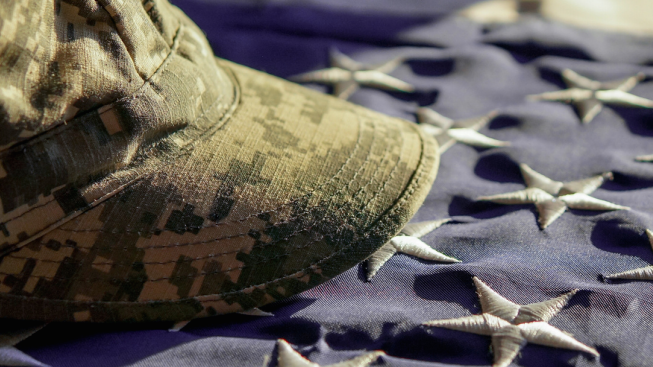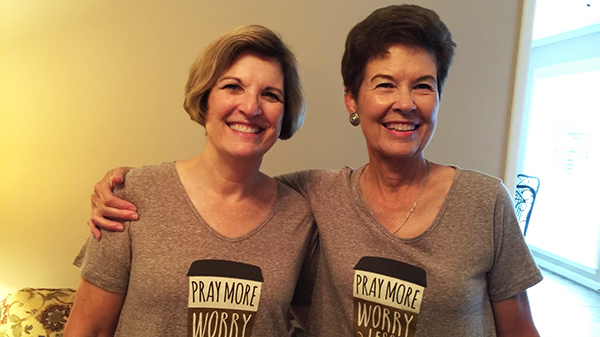Ground burial remains popular with most Americans, but cremation is another option. Reasons for choosing cremation vary from economics to instances of contagious disease to simple preference.
“The advantages are probably the economics — it’s cheaper,” said William Counce, director of funeral service education at Jefferson State College in Birmingham.
Counce said cremation can reduce burial expenses by as much as “a couple of thousand dollars” in the Southeastern region by eliminating the cost of a burial plot, opening and closing of a grave, purchase of a regular casket, etc.
The cost factor is the primary reason cited by Kenny Hart, operations manager of Radney Funeral Home in Mobile. “I think people like it because it’s the least expensive way for disposition.”
Tracy Bonner of Chapel Funeral Home and Crematory in Anniston said families who choose “direct cremation” instead of “immediate burial” can reduce costs by almost two-thirds.
He stresses, however, that both “direct cremation” and “immediate burial” involve the most basic of services.
Bonner said “direct cremation” carries a price tag of $1,090. Included in that cost is removal of the body from the place of death, transportation to a crematory, cremation and purchase of an unfinished particle board casket.
A “direct cremation” means there is no visitation, no embalming or funeral service. “It’s just what it says, a direct cremation,” Bonner said. By comparison, he said a bare-minimum funeral usually totals about $3,500.
The average cremation costs about $3,045, according to Bonner, compared to a cost upwards of $7,000 for traditional ground burial. The cremation cost includes visitation, funeral service, embalming and a casket.
Bonner said urns used for storing ashes can cost anywhere from $85 to $1,495, with some families scattering the ashes.
Counce said some families have a corpse cremated before following that with ground burial. He said an urn is purchased and the cemetery digs the outline of a grave and places the urn inside.
Others who choose cremation do so in the hope their ashes will be stored in an urn that will never be buried, Bonner said. “Some people have the fear of being buried.”
Visitation and ground burial address concerns families or the deceased may have had about the dying process, Bonner said. He believes visitation is necessary even in cases where a body is cremated to give family members a sense of closure.
Commenting on the reasoning of individuals who choose cremation followed by ground burial, he said the decision is usually based on a phobia by the deceased.
“There are people who do not like the idea of being put in a casket and put in the ground,” Bonner said.
There are also some instances in which Counce said a funeral director may recommend cremation. He cites Creutzfeldt-Jakob as an example, explaining the disease inhabits the brain and is deadly.
Because embalming will not kill Creutzfeldt-Jakob, Counce said families should consider the safety of others.
“The family ought to think of the health care professionals and the funeral director,” he said.
Another economic factor cited by Sam Spry, owner of Spry Funeral Home in Huntsville, is that families can rent a more expensive casket for visitation, with a less expensive one used for cremation.
Spry said the interiors of caskets used solely for display are changed from three to five times before being recycled.
John Deacy, vice president of Ridout’s Brown Service in Birmingham, said cremation merely offers families another option.
“It’s their preference,” Deacy said. “It’s something that they may have read (about) or a family member may have done a cremation. It’s simply another option available to the family.”
“We’re not against it, we’re not for it,” Hart said.
Counce said one consideration is surviving family members. While an individual may have indicated they prefer cremation, he said the emotional impact of it may have on the family should be considered.
Bonner said Southerners are more into traditional ground burial, although Florida is the exception. He said Florida is different because a large number of people retire there from the North, where cremation is more popular.
Garland Brock, manager of Ridout’s Brown Service in Trussville, said the percentage of individuals choosing cremation in the Southeast is between three and five percent.





Share with others: